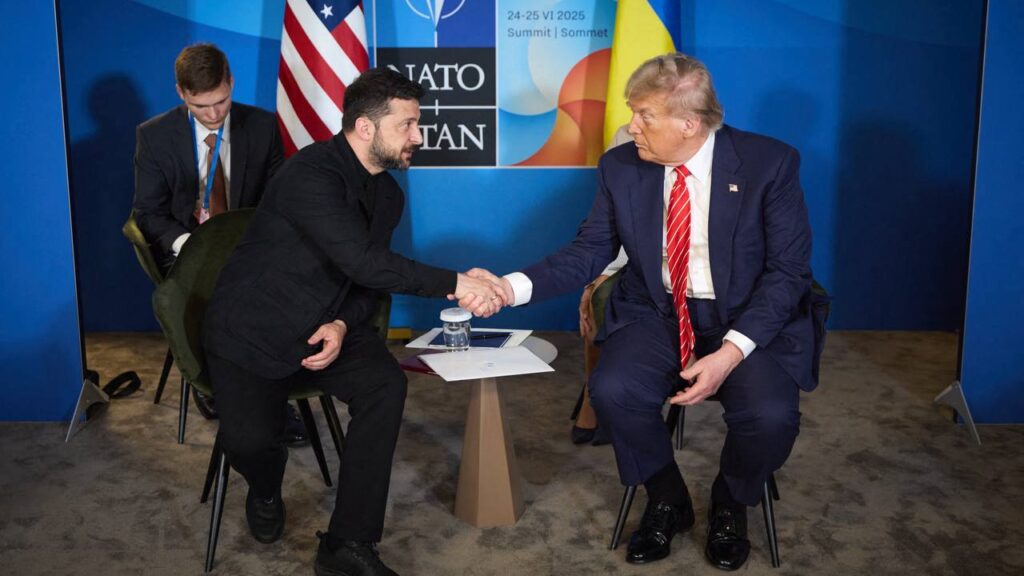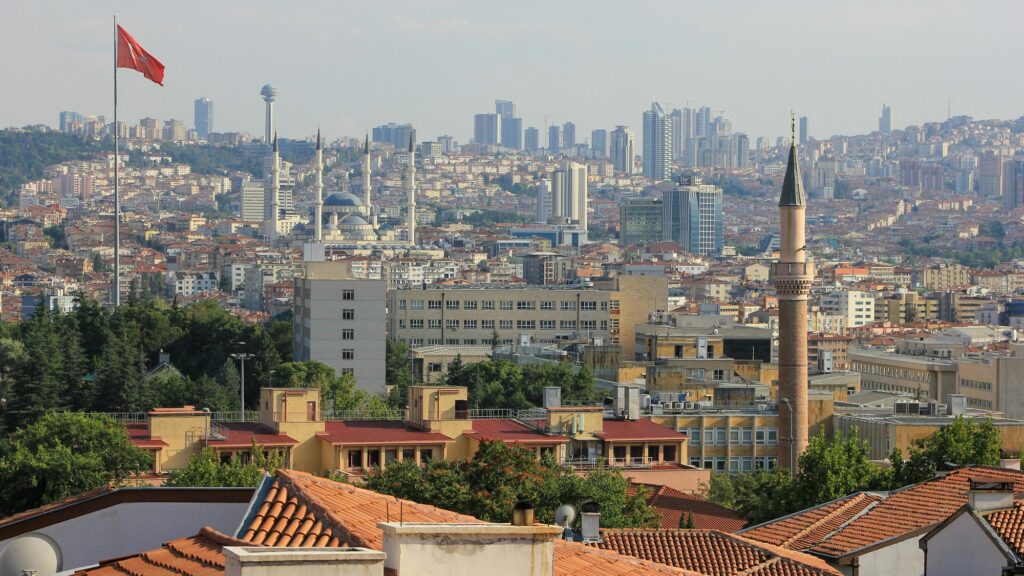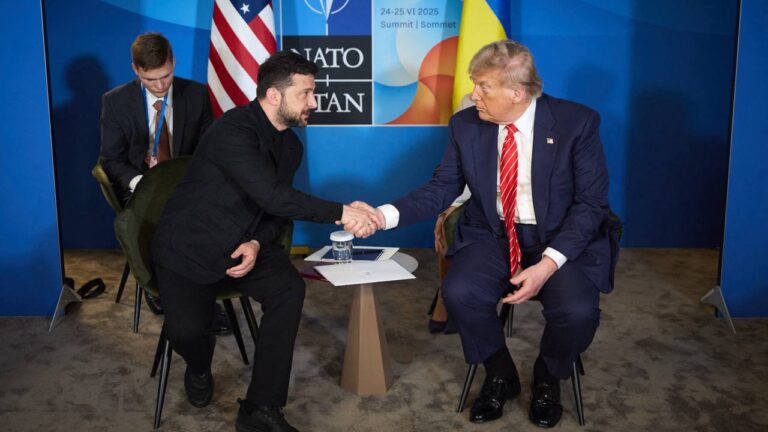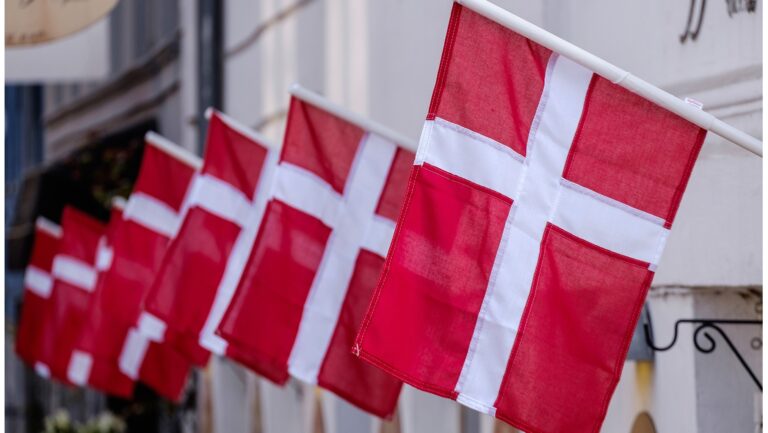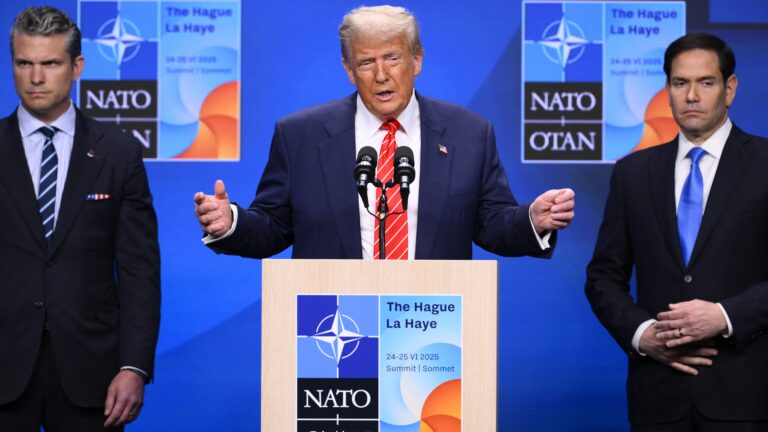Turkish gas imports will further solidify the importance of the Eastern Opening policy in Hungary’s energy security.
Starting 1 April 2024, Hungary is expected to receive the first flow of natural gas from Türkiye. This will make Hungary the first country to receive Turkish gas, while not having an immediate border with the latter. This information has been posted by the Foreign Minister of Hungary, Péter Szijjártó, on his Facebook page, indicating that the initial delivery of Turkish gas is planned in the volume of 275 million cubic metres (mcm). He also further noted the important role that Türkiye played as a transit country in and will play as one of the source countries for the Hungarian natural gas imports. This is a significant step towards both the diversification of the resource of Hungarian natural gas imports and further success of the Eastern Opening policy. This policy has been announced by current leader of Hungary, Viktor Orbán, with iconic words, after his re-election, during his speech on 5 November 2010: ‘We sail under a Western flag, but in the global economy, the wind is blowing from the East.’
Türkiye is one of the crucial members of the Organization of Turkic States (OTS), an organization which Hungary has joined as an observer state during the 2018 OTS summit in Cholpon-Ata, Kyrgyzstan. Given their strategic location and richness in fossil fuels, the deepening of ties with the OTS members has been one of the detrimental dimensions of the Eastern Opening in Hungarian Foreign Policy.
Hungary took strong and decisive steps in late 2023 to diversify its natural gas imports through OTS member and observer states.
These steps have aided the policy of source diversification of natural gas imports, providing a viable alternative to Russian gas.
Contrary to Türkiye, which is not rich in fossil fuels, the diversification also included such countries as Azerbaijan, Kazakhstan, and Turkmenistan, which are known for their exports of this critical commodity. On 5 September 2023, during their bilateral meeting, the Foreign Ministers of Azerbaijan and Hungary announced that the physical flow of natural gas in the volume of 100 mcm has started from the former’s country to the latter. Péter Szijjártó added that the government aims to further increase such imports from Azerbaijan up to 1 billion cubic metres (bcm) in the upcoming years. This announcement was given a month after the working visit of President of the Republic of Azerbaijan, Ilham Aliyev, to Budapest to meet with the Prime Minister of Hungary. The diversification of natural gas imports via Azerbaijan falls in line with the ‘Memorandum of Understanding on Strategic Partnership in the field of energy between the European Union and the Republic of Azerbaijan’, signed in July of 2022. This document, signed by President of the European Commission Ursula von der Leyen and Ilham Aliyev, envisions the doubling of natural gas exports’ volume from Azerbaijan to the European Union (EU) up to 20 bcm by 2027.
Another important milestone was the signing of a historical deal with Turkmenistan on potential delivery of natural gas to Hungary in the volume of 1 bcm. The deal was signed on 20 August in Budapest between Turkmen President Serdar Berdymuhamedow and the Hungarian Prime Minister. This deal marks a significant achievement, as it will initiate the first flow of Turkmen gas to the EU, starting with Hungary, after nearly thirty years of Turkmenistan’s refusal to export natural gas to the former, a stance coming from its policy of ‘neutrality’. However, the flow will not be done through the Trans-Caspian pipeline, but through Iran, transiting through Azerbaijan and Türkiye to reach the EU. Nevertheless, it gives greater hope for the pipeline project that has been in discussion from 1996 to be implemented, opening room for further cooperation.
The cooperation in the energy sector with Kazakhstan is deeper, as it includes the delivery of oil, natural gas and the development of green energy facilities. Following the bilateral meeting between the Kazakh leader, Kassym Jomart Tokayev, and Viktor Orbán prior to the 10th OTS Summit in Astana, the Hungarian Foreign Minister praised the development of bilateral relations. He mentioned the plan to reach the volume of 630 tons in oil shipments and the successful implementation of a project on switching the Kazakh city of Taraz to green energy with the help of Hungarian oil and gas company MOL. Along with this, in December of 2023, MOL started the production of natural gas in Rozhkovsky field in Kazakhstan in the volume of 300 thousand cubic meters of gas per day. This displays the development of cooperation in the field of energy between Kazakhstan and Hungary at a significant pace.
The strengthening of the Eastern Opening policy boosted significantly the process of diversification of Hungarian natural gas imports’ sources.
Delivery of Turkish natural gas on 1 April 2024, will further strengthen the impact of this policy.
To further facilitate such diversification, there is a need for stronger determination for the increase in volume of import of Azerbaijani and Turkmen natural gas.
This can potentially include greater support for the implementation of the Trans-Caspian pipeline project, which can be connected to the Southern Gas Corridor in Azerbaijan. This corridor passes through Azerbaijan, Georgia and Türkiye to reach the EU. As mentioned earlier, Azerbaijan is expected to increase the volume of natural gas exports to the EU up to 20 bcm annually in 2027. At the same time, Turkmenistan possesses the 6th largest natural gas reserves in the world. Given that the capacity of the Southern Gas Corridor is 30 bcm, there is additional room for Turkmen gas in the volume of 10 bcm. However, this project will need assertive support from the EU and US, due to opposition from Russia and Iran.


